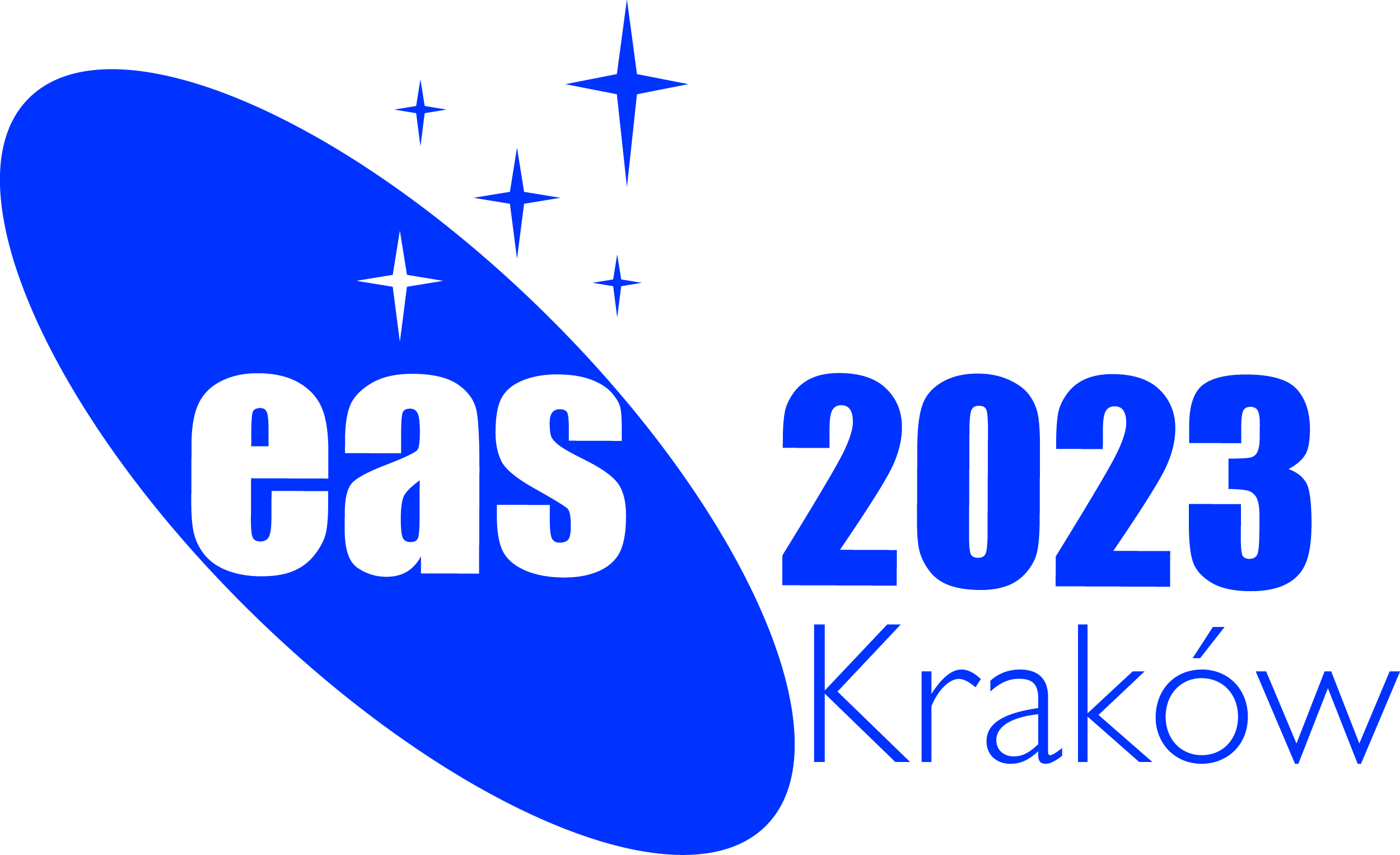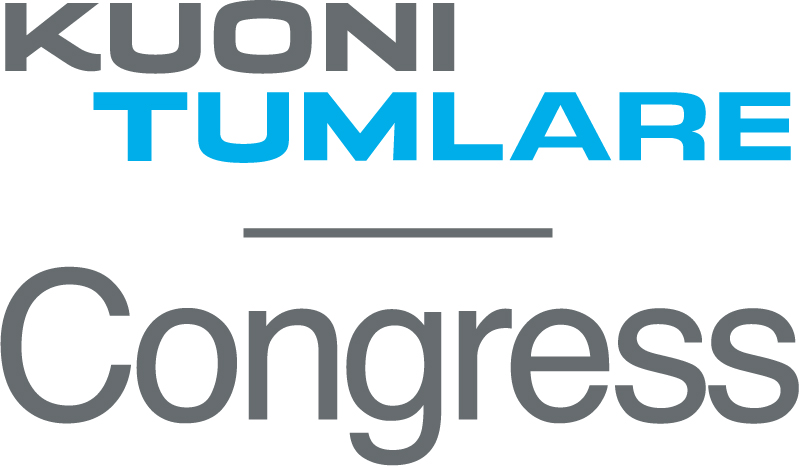Special Session SS31
12 July 2023
Astronomy in the era of Large Satellite Constellations
Aims and scope
In 2019 SpaceX launched the first batch of 60 satellites for the Starlink constellation of Low Earth Orbit (LEO) satellites, with the aim of bringing high speed, low latency internet to remote regions. This was soon followed by launches for the OneWeb constellation. Since then, both private companies and national entities have published plans for their own telecommunication satellite constellations in LEO, and there are now over 400,000 planned satellites in LEO by the end of 2030. These new constellations have had an unexpected negative impact on both optical and radio astronomy and have spurred the development of various mitigation strategies, by both satellite engineers to reduce the reflective brightness of the satellites and by astronomers in terms of pass predictions, streak detections and removal algorithms.
In 2022 the IAU formed the Centre for the Protection of the Dark and Quiet Sky from Satellite Constellation Interference (CPS: https://cps.iau.org/), with co-founding partners, NSF's NOIRLab and SKAO, including the EAS as a contributing member. The IAU CPS brings together astronomers, policy makers and satellite operators, to work on reducing the impact on astronomical activities and the dark and quiet sky by large satellite constellations. While at present, national regulations and international treaties are insufficient to regulate this new frontier in satellite telecommunications, some operators are listening to the concerns of astronomers and are actively working to reduce their satellite constellation interference.
This session aims to update the astronomical community on the impact of satellite constellations and to set out opportunities for engagement and influence, through the CPS, the EAS, and via the national governments of conference delegates.
Programme
- The four strategic areas (SatHub, Industry and Technology Hub, Community engagement Hub, and Policy Hub) that the IAU CPS is involved in, and the work that is being carried out.
- The types of mitigations currently available and under development by both operators and astronomers.
- Measurements of radio astronomy impacts and SKAO mitigation strategies.
- Development of regulatory frameworks and ?best practices? for European states.
Invited speakers
Scientific organisers
- Jeremy Tregloan-Reed (CLEOsat/Universidad de Atacama co-chair)
- Robert Massey (RAS co-chair)
- Sara Lucatello (EAS/INAF)
- Connie Walker (IAU CPS/NOIRLab)
- Frederic Di Vruno (IAU CPS/SKAO)
- Andrew Williams (ESO)
- Mike Peel (IAU CPS/SatHub co-lead/IAC)
Contact
jeremy.tregloan-reed @ uda.cl
rmassey @ ras.ac.uk
Updated on Sat Jan 28 15:29:37 CET 2023
|

 A power cut will shut down all EAS services on Tuesday, 10 January 2017 starting at 7:30 CET.
A power cut will shut down all EAS services on Tuesday, 10 January 2017 starting at 7:30 CET.


